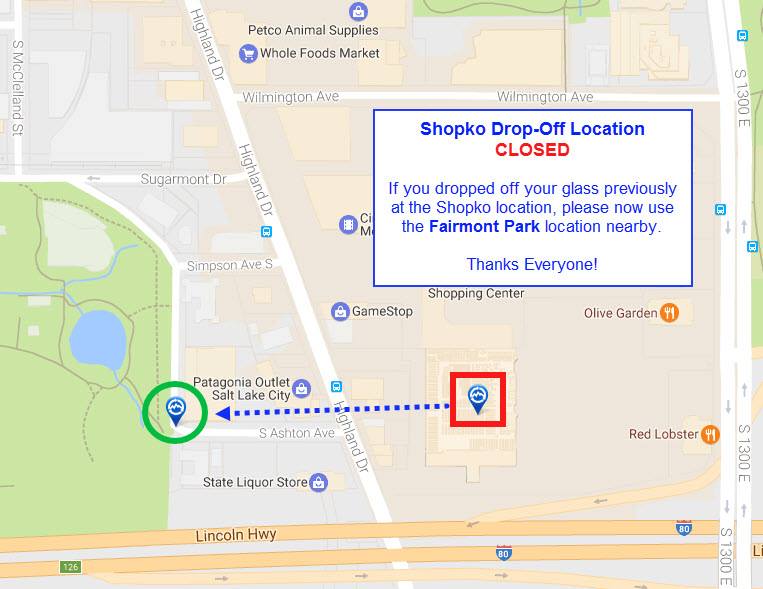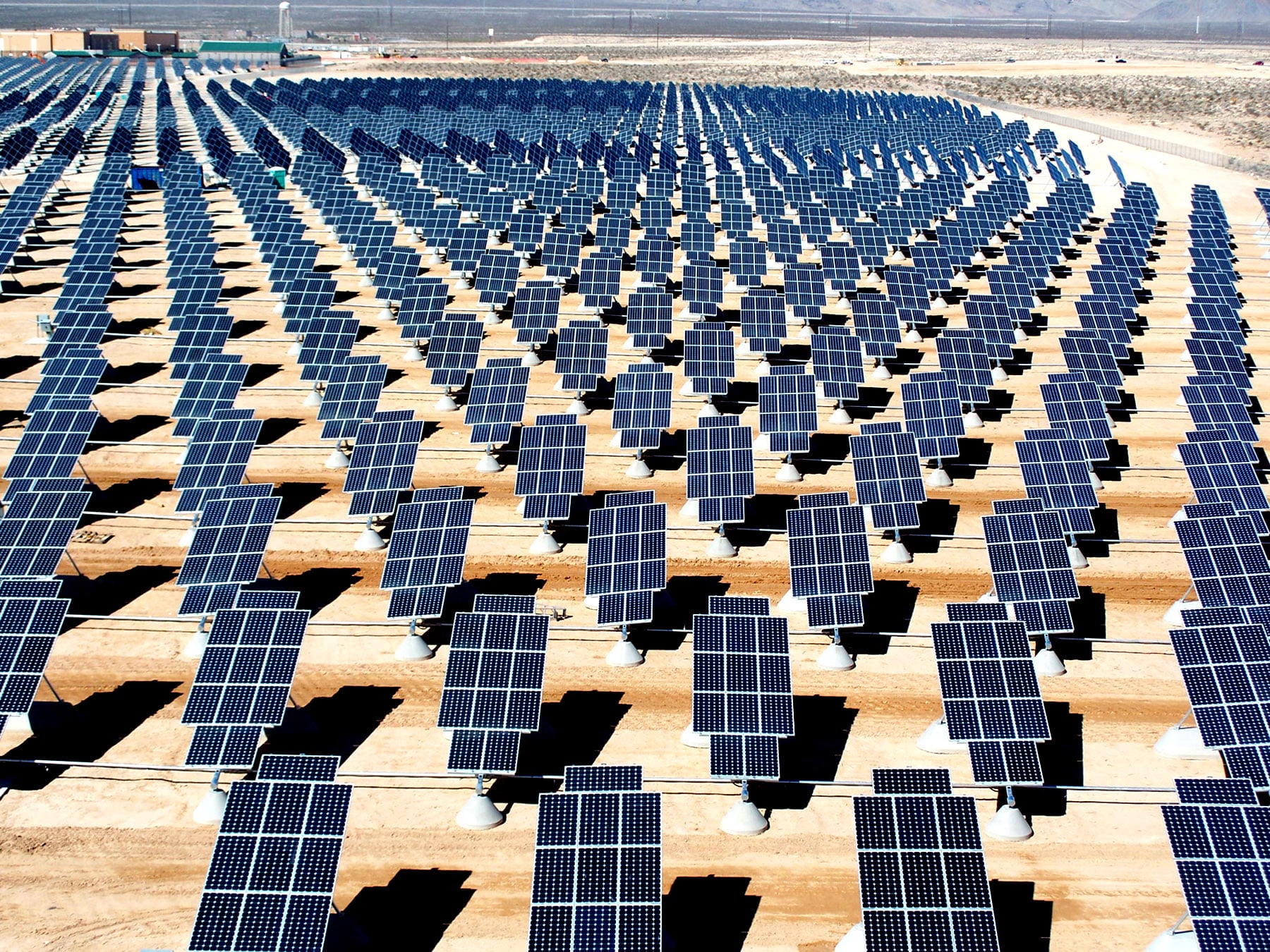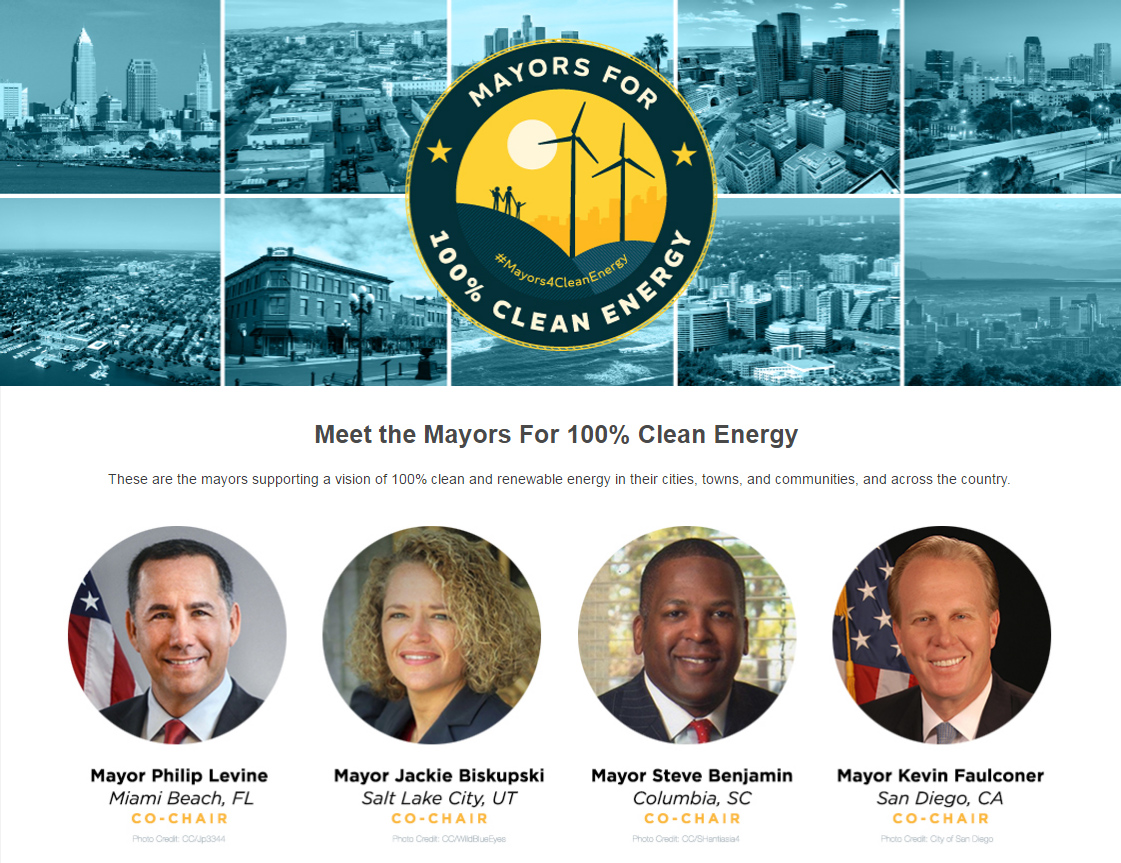by Avery Driscoll
In February, the City announced a microgrant program for local farmers in partnership with Urban Food Connections of Utah (UFCU). The fund will offer the majority of funding to local farmers over a two year period who want to expand their operations with sustainability in mind. (UFCU will receive a small portion of the funds to administer and help grow the program).
The grants will help farmers access technology, education, tools, and equipment to grow more produce and do so more sustainably.
“We’re delighted to partner with Urban Food Connections of Utah to give farmers the critical boost they need to invest back in their operations,” said Mayor Biskupski.
The first of three grant cycles has just concluded. The program was competitive with 33 applicants requesting a total of $131,668.93 in microgrant funding. So while only a handful of awardees were chosen for this round, we know there is sizable demand for continued microgrant opportunities to support local farmers and the local food market. We hope to continue to work with UFCU to expand the program in the coming years to meet more of that demand.
So without further adieu . . . Continue reading







